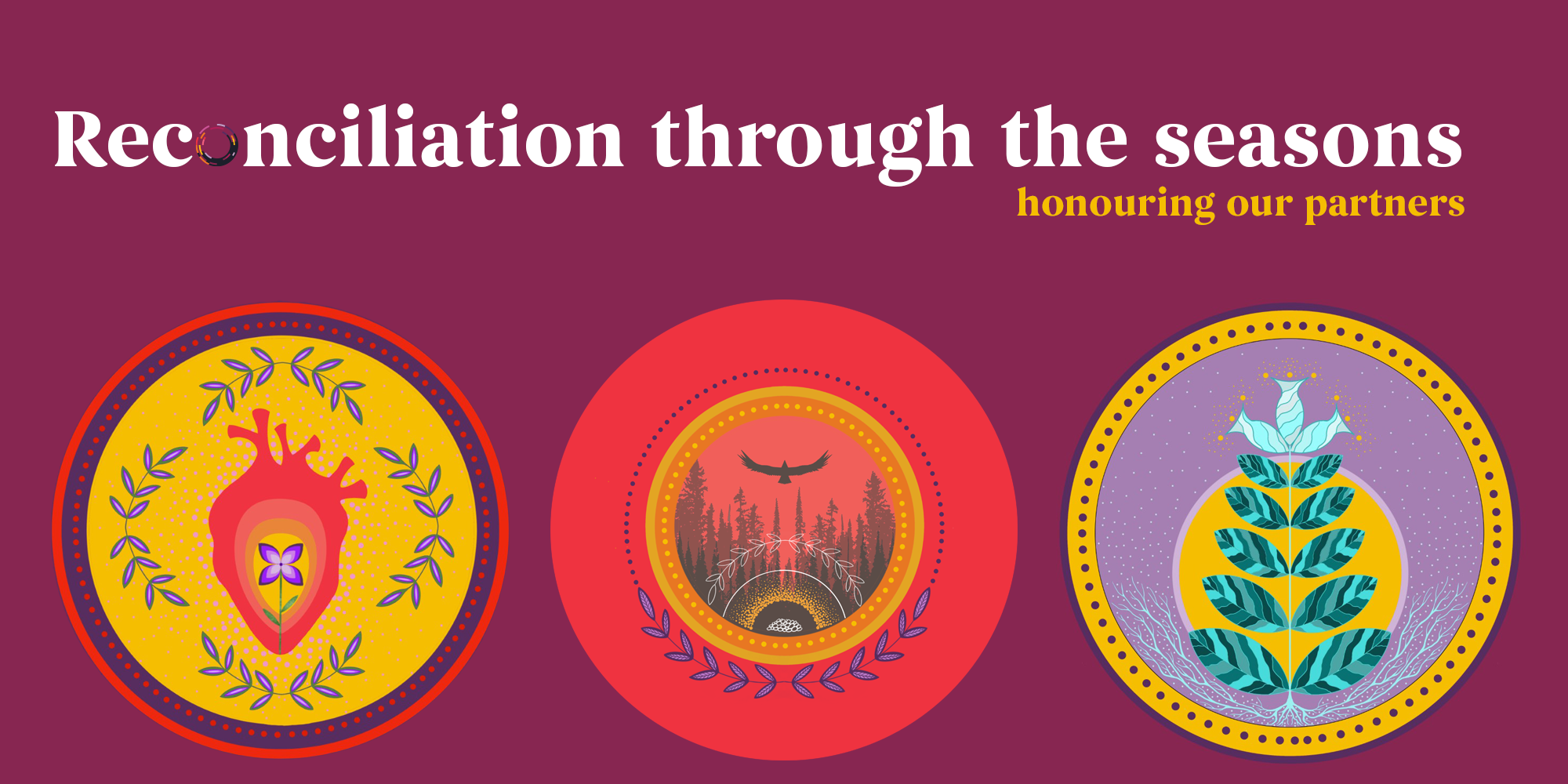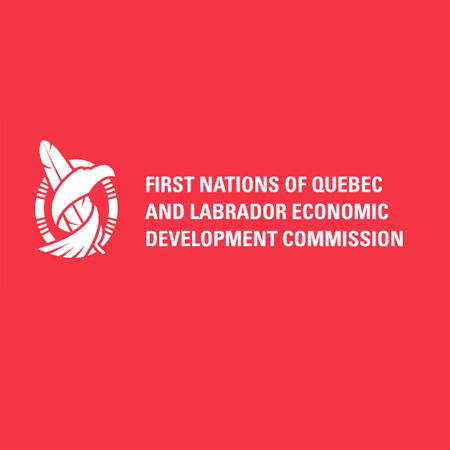
Today is Winter Solstice, a day of significance in many Indigenous cultures. To close the series Reconciliation through the Seasons, which marks 20 years of Reconciliation work at McConnell, we are highlighting the work of our partner the Indigenous Peoples Resilience Fund.
Spotlight on the Indigenous Peoples Resilience Fund (IPRF)
The Indigenous Peoples Resilience Fund (IPRF) emerged as a collaborative philanthropic response to the COVID-19 pandemic. Established in July 2020, the IPRF’s initial focus was on Indigenous community needs, particularly in the areas of food justice, food sovereignty, mental health, mental wellness and connectivity. The Fund was initially incubated at Community Foundations Canada, and from the outset, they employed a strategy rooted in Indigenous knowledge and wisdom to direct their funding decisions. In the last two years, IPRF has approved over $13M in funding to more than 500 communities and/or organizations. Funding bundles (IPRF’s term for grants) range from $5,000 to $30,000 for on-the-ground organizations serving Indigenous communities.
In 2022, a significant milestone was achieved when the IPRF obtained charitable status. A strategic meeting held in Ottawa that same year paved the way for the organization’s vision: “Within the relations of all – to live well.” This vision is the guiding force, directing IPRF to meet communities where they are and to foster relationships within their larger framework of trust-based philanthropy.
Bruce W. J. Miller, Interim Team Lead for the IPRF, says, “Social capital and trusting relationships have been core to our work. One of our big learnings is that Community knows best what Community needs.”
Indigenous philanthropy growing
IPRF has also noted that Indigenous-led philanthropy is growing globally. The increased awareness stemming from the Truth and Reconciliation Commission and The Philanthropic Community’s Declaration of Action have elevated social consciousness, and fostered reciprocal relationships and respect. “There’s a global trend of redistribution of wealth to our communities,” says Miller, emphasizing the importance of addressing historical disconnect and repairing relationships within the larger ecosystem.
As a beacon in Indigenous philanthropy, the IPRF continues to navigate challenges, fostering trust, reciprocity, and meaningful relationships in the philanthropic sector. The journey has just begun for IPRF. Their progress so far shows what is possible when Indigenous-led philanthropy paves the way on its own terms, and on the terms of the communities it serves.
Cycles and Seasons: a word on illustrating reconciliation
To mark 20 years of the McConnell Foundation partnering to forward reconciliation work, we wish to honour our partners through the Reconciliation through the seasons series. This is the fourth and final edition. In Atikamekw culture, there are six seasons. Pre-spring and pre-winter are seasons for preparation of what is to come next. Artist Eruoma Awashish’s work, illustrating our Reconciliation through the seasons series, integrates the sacredness of all seasons and intermediate seasons. Her art can help us to reflect on the journey of reconciliation. How do we prepare and plan for what is next: whether it is the winter coming or next year’s spring? Indigenous and non-Indigenous communities continue to grow together in our reconciliation journey. As we continue, we may confront issues that resurface in cycles. The seasons remind us of these cycles. They help us prepare to revisit and circle back to these complex issues.



